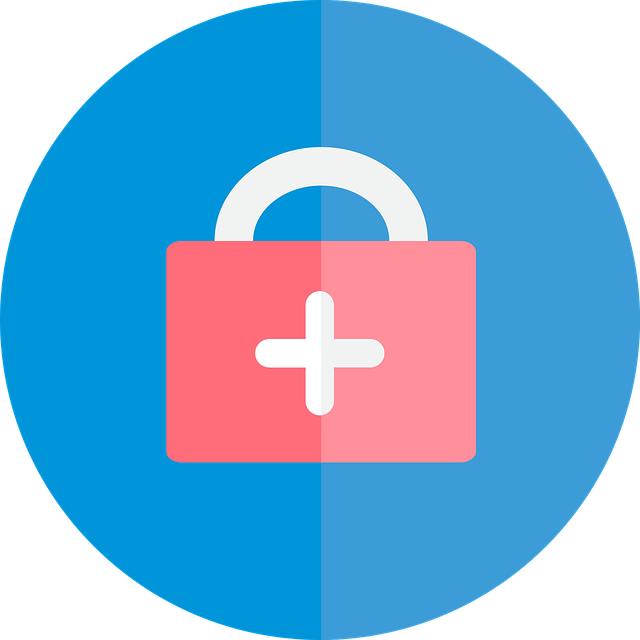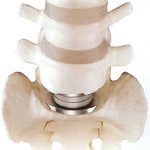Medical tourism is a $100 billion dollar industry with over 60 countries
Offering some type of medical tourism service. With such market saturation, how does one forge their way through the medical travel jungle of options? You find a Medical Tourism Facilitator to help guide you through the process.

By definition, a facilitator is one who assists another in their pursuit of a predetermined goal.
A Medical Tourism Facilitator helps people reach their objective of improved health and a higher quality of life.
While it sounds like a nice little package, tied with a pretty pink bow, a Medical Tourism Facilitator is one busy manager, juggling a vast amount of responsibilities and wearing multiple hats at any given moment.
Medical Tourism Facilitators help you accomplish the following:
- Communicate with clients through the entire process, connecting them with international medical facilities and providers within the Global Health Care network.
- Presents information on the providers, facilities physician, local attractions, activities, and infrastructure for the benefit of the medical traveler.
- Connects patients with their caregivers (doctors, nurses, therapists) and bridges the gap in time, technology, language barriers, cultural sensitivities, and basic medical terminology and their treatment plans.
- Organize a patient’s schedule during their medical travel experience, keeps track of the patient’s medical history, tests, and medication, and handles all logistical elements with hotels and airlines.
- A Medical Tourism Facilitator is an advocate of care for the patient and their treatment while traveling abroad.
- Creates contingency plans and support channels.
There are a number of details a Medical Tourism Facilitator needs to know in order to successfully assist their clients on the way to good health. Below are some of the key elements to look for when shopping for facilitation services.
Does the Medical Tourism Facilitator understand the complete process?
A successful Medical Tourism Facilitator clearly understands the role of all that is involved in the medical travel process and the concerns of their clients. A client is not the medical Facilitator’s “patient.” Granted, the traveler does need medical care, but the Facilitator is not the one that provides medical treatment.
The Facilitator connects the client with the service provider through continual support mechanisms in the beginning and when their back home.
Who is in the Facilitation network?
A Medical Tourism Facilitator must have a network that is bursting with top-notch, highly trained medical personnel. This includes everyone from the physician, surgeon, and nursing staff to the therapist, pharmacist, and medical equipment, provider.
Not only state-of-the-art facilities should be included in the network, but coordinators within the destination are a must to complete quality medical travel experience.
Establish documentation?
In order to have a long-term, successful medical tourism process, a Facilitator and their clients must have their “ducks in a row.” This means all legal documentation is in order with—physician and facility, travel, insurances, finances, certifications, and medical records.
Has the Facilitator developed relationships beyond the medical personnel?
In order to complete a successful medical travel trip, the development of relationships with additional support networks of hotels, resorts, spas, health clinics, airlines, transportation businesses, aftercare services, and insurance companies is needed.
It is this collection of people who will directly affect the care of their clients, and the Facilitator must have selected these teams wisely and maintain an open, honest, and direct relationship.
Does the Medical Tourism Facilitator have a working knowledge of the process?
Anatomy, physiology, kinesiology, pharmaceuticals, psychology—these are all important to understand when helping clients get the medical help they need. It doesn’t mean your Facilitator has to be a doctor, but rather that they understand how to work with the patient before and after their treatment.
For example, if a patient just had a knee joint replacement, the Facilitator would know to reserve a hotel room on the ground level. From ordering the right dietary foods to securing the best seating arrangements on the plane is what a Facilitator needs to do and having a working knowledge of the process, this will allow them to be most effective and created the best possible outcome.
Has the Facilitator done their medical travel homework?
A Facilitator should be able to provide a complete report on the medical tourism destination of your choice. This goes beyond the hotel or hospital. It means looking at the infrastructure of the area, attractions, restaurants, shopping centers, spas, entertainment, and nightlife.
More times than not, a client will bring at least one loved one to be with them during the process. Having an idea of what is available will “sweeten the pot” for those who would like to see the sights of the international destination.
Does your chosen Medical Tourism Provider come with referrals?
Medical tourism, like other businesses, relies heavily on referrals. If a patient had a wildly successful experience with a particular Medical Tourism Facilitator, you better bet they are going to share their story with anyone who will listen.
In light of this word-of-mouth marketing, it behooves most Facilitators to work extremely hard to make sure their clients receive the full benefits of their medical tourism experience.
In a growing industry, a Medical Tourism Facilitator has to stay ahead of all medical advances and exhibit a deep commitment to establishing the best partnerships among facilities and providers.
This type of dedicated facilitation means that you, the client, will receive the best medical travel services in the world, literally.



